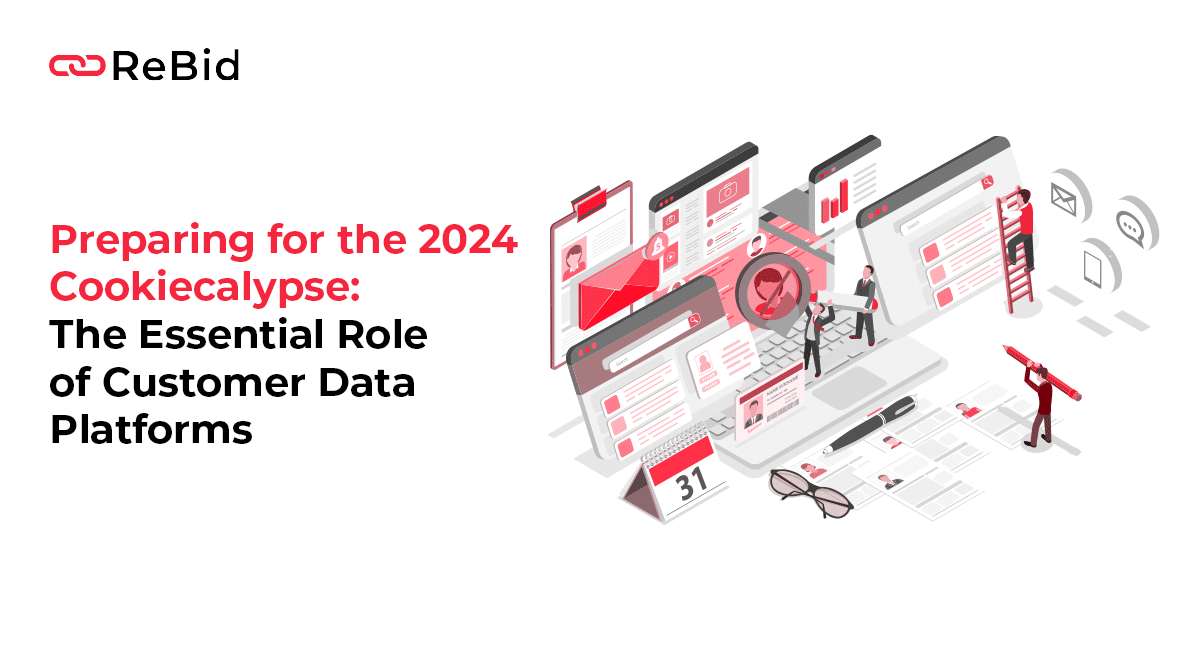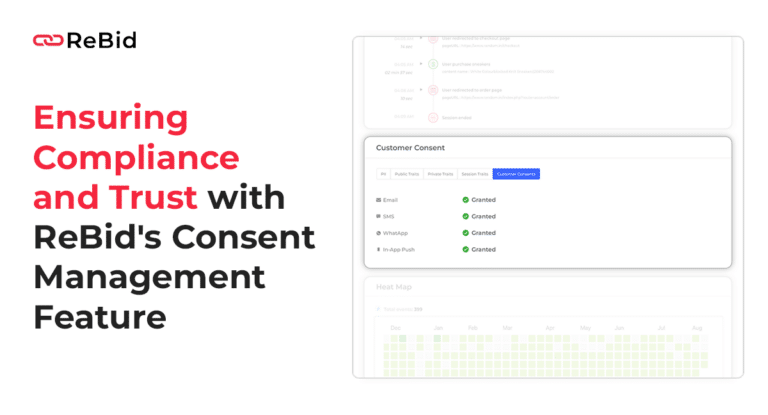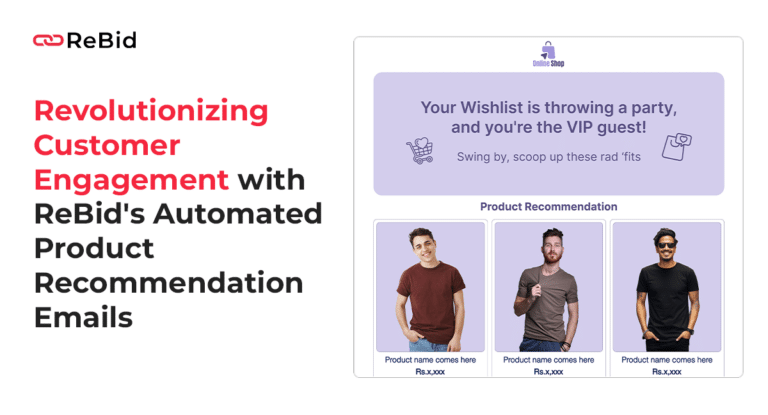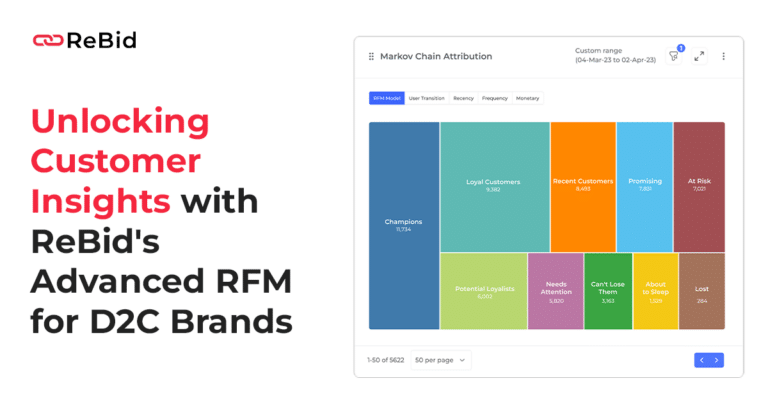Introduction
As we inch closer to 2024, the digital marketing landscape is facing a seismic shift with the impending demise of third-party cookies. This ‘Cookiecalypse’ presents a unique challenge for marketers: how to effectively gather and utilize consumer data in a world without these digital breadcrumbs. The answer lies in Customer Data Platforms (CDPs), a crucial tool for navigating this new era of digital advertising. In this comprehensive guide, we’ll explore why CDPs are indispensable for marketers, especially in big brands, and how they can help your business thrive in a post-cookie world.
The Impending Cookiecalypse: A Brief Overview
The digital advertising world is set to transform major browsers, including Safari, Firefox, and soon Chrome, to phase out third-party cookies. This shift, propelled by increasing privacy concerns and regulations like Europe’s GDPR, is upending traditional digital marketing strategies. The dependence on third-party cookies for ad targeting and retargeting is no longer viable, pushing marketers to seek alternative solutions. This is where CDPs come into play, offering a way to harness the power of first-party data.
The technical limitations imposed by browsers and the stringent requirements of privacy regulations are rendering traditional Data Management Platforms (DMPs) obsolete. The need for compliance and more ethical data handling practices is more pressing than ever.
CDPs: The Marketers’ New Best Friend
CDPs stand out as the most effective tool for collecting, storing, processing, and activating first-party data. They enable marketers to use this data across various channels, ensuring a seamless and personalized customer experience.
CDPs come in two main flavors: complete tool suites and best-of-breed solutions, the latter being an amalgamation of the best tools in the market. While no single tool covers all needs, the interconnectivity of CDPs allows for comprehensive data management, from collection to activation.
A key feature of CDPs is their ability to integrate with various media activation and management tools. They must also offer an intuitive user interface, making them accessible to departments with varying levels of technical expertise.
Audience Engines: The Competitive Edge
Advanced segmentation capabilities of CDPs, through audience engines, allow marketers to create unique, actionable segments. This is achieved using custom algorithms and machine learning, offering a significant competitive advantage in the digital marketing landscape.
The Economic Perspective
With digital advertising forming a major part of U.S. ad spending, the importance of effective digital strategies is paramount. The shift away from third-party cookies will affect the return on investment from digital ads, making the adoption of CDPs not just beneficial but necessary.
CDPs offer enhanced insights into first-party data, aligning with privacy laws and improving personalization through AI. They also facilitate communication with ad networks that are transitioning to server-to-server methods.
Why CDPs are a Must-Have for Your Business
Beyond safeguarding ad efficiency, CDPs offer several other benefits:
- Meeting Consumer Expectations: CDPs help in delivering personalized experiences, both online and offline, meeting the growing expectations of consumers.
- Navigating Regulatory Waters: With increasing focus on data privacy, adopting CDPs can help businesses stay ahead of regulatory requirements.
Conclusion
The Cookiecalypse is not just a challenge but an opportunity to redefine digital marketing strategies. CDPs are at the forefront of this transformation, offering a way to navigate the cookieless future effectively. By embracing CDPs, marketers can ensure that their digital advertising efforts are not only compliant but also more targeted and effective.
FAQs
What is the primary function of a Customer Data Platform?
The primary function of a CDP is to collect, store, process, enrich, and activate first-party data, enabling marketers to use this data across various channels for a more personalized customer experience.
How do CDPs help in a cookieless world?
In a world without third-party cookies, CDPs help by providing enhanced insights through the collection and analysis of first-party data. They allow for better targeting and personalization of marketing efforts, adhering to privacy regulations.
Why are CDPs considered crucial for digital advertising?
CDPs are crucial because they enable marketers to effectively manage and utilize first-party data, which is becoming increasingly important as reliance on third-party cookies diminishes. They provide a comprehensive solution for personalization, segmentation, and compliance with privacy laws.





